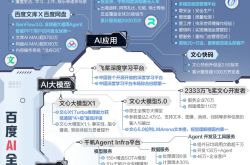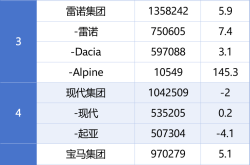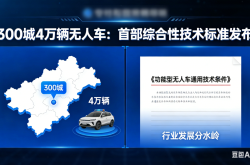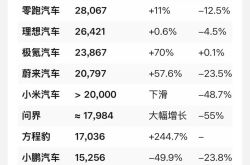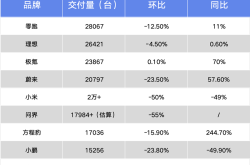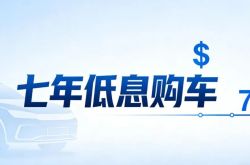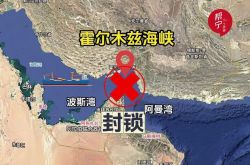The EU's Imposition of Tariffs: What Impact Will It Have on China's Electric Vehicles?
![]() 07/10 2024
07/10 2024
![]() 483
483
On July 4 local time, the European Commission announced that it would impose provisional countervailing duties on electric vehicle imports from China starting from July 5. This marks the official implementation of the EU's tariffs on Chinese electric vehicles, nine months after launching an anti-subsidy investigation into imported new energy vehicles from China.
The provisional countervailing duties proposed by the European Commission apply to some Chinese automakers. The sampled three Chinese automakers will bear the following tariffs respectively: BYD at 17.4%, Geely at 19.9%, and SAIC Motor at 37.6%.
According to regulations, other Chinese electric vehicle manufacturers that cooperated with the investigation but were not sampled will be subject to a weighted average tariff rate of 20.8%, while those that did not cooperate will bear a tariff rate of 37.6%.
The provisional countervailing duties that have taken effect have a maximum duration of four months. During this period, EU member states will vote on the final tariffs, which, once approved, will be valid for five years.
Both Domestic and Foreign Automakers Oppose the Move
Upon the announcement of the provisional countervailing duties, Chinese and foreign automakers such as SAIC Motor, NIO, Volkswagen, and BMW Group expressed their views on the matter. SAIC Motor released a statement on July 5 stating that it would officially request the European Commission to hold a hearing on the provisional countervailing duties measures for Chinese electric vehicles and further exercise its right of defense in accordance with the law. In fact, when the European Commission released the preliminary ruling information on June 12, SAIC Motor promptly submitted a defense, pointing out that there was a calculation error in the European Commission's preliminary ruling that SAIC Motor needed to pay a countervailing duty rate of 38.1%. On July 4, the European Commission officially announced the preliminary ruling results, lowering the rate to 37.6%.
In addition to SAIC Motor, NIO and XPeng also voiced their opinions. NIO stated that it would closely monitor and follow up on the progress and measures of the EU's anti-subsidy investigation. XPeng, on the other hand, said that it is actively assessing the feasibility of establishing local manufacturing capabilities in Europe and taking appropriate measures to meet market demand.
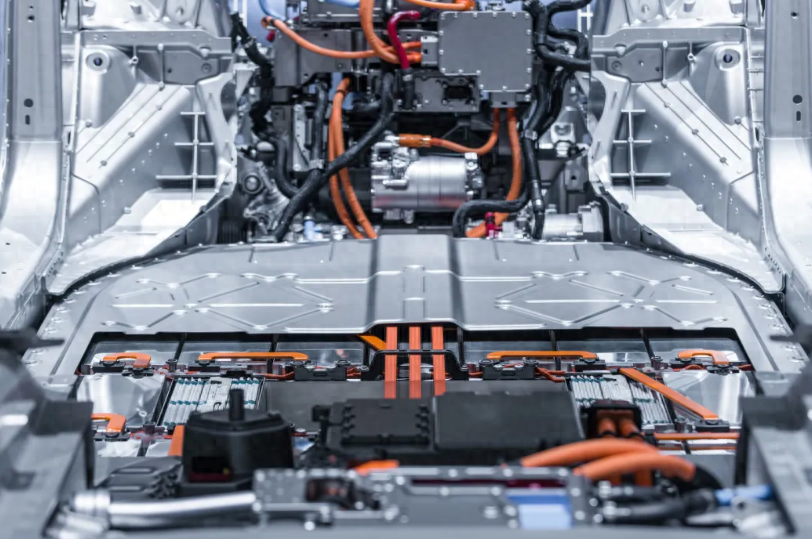
Furthermore, Volkswagen expressed that the timing of the EU's decision is harmful to the currently weak demand for electric vehicles in Germany and Europe, with more negative impacts than benefits, especially for the German automotive industry. Oliver Zipse, the Chairman of the Board of Management of BMW AG, has stated directly that imposing tariffs will hinder the development of European automakers and damage Europe's own interests, and BMW Group firmly supports free trade.
From this perspective, both Chinese and foreign automakers oppose the EU's additional import tariffs. Meanwhile, at the government level, China's Ministry of Commerce has responded to the matter, expressing the hope that the EU and China can resolve trade disputes through dialogue. Regarding the provisional countervailing duty measures announced on July 4, the spokesperson of the Chinese Ministry of Foreign Affairs has also expressed strong opposition.
What Is the EU Concerned About?
The European Commission's efforts to conduct anti-subsidy investigations against Chinese new energy automakers are ultimately aimed at using trade protectionism to curb the rapidly developing Chinese new energy automotive industry.
In recent years, as China's new energy vehicles have improved in both quantity and quality, they are accelerating their penetration into other regions of the world. According to statistics from the General Administration of Customs, China's automobile exports exceeded 5 million units for the first time in 2023, reaching 5.221 million units, an increase of 57.4% year-on-year. Among them, new energy vehicle exports reached 1.773 million units, an increase of 67.1% year-on-year.
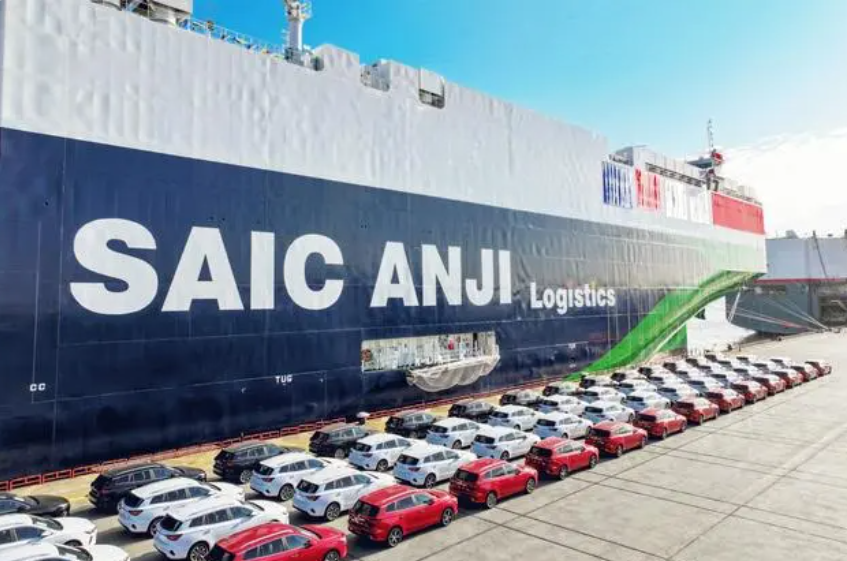
According to statistics from the China Passenger Car Association, of the 1.203 million new energy passenger vehicles exported from China in 2023, the proportion of new energy vehicles sold to the European market reached 38%, far exceeding other regions. In terms of brands, Volvo, Polestar, Lynk & Co, and Lotus under Geely sold 348,000 vehicles in Europe in 2023, making Geely Auto Group the Chinese automaker with the highest market share in the European market. In addition, in terms of individual brands, MG, under SAIC Motor, has a high profile in Europe, with sales of 231,300 units in 2023, achieving triple-digit growth for three consecutive years.

Although BYD ranks first globally in terms of overall sales of new energy vehicles, its user base in Europe is slightly weaker than that of Geely and SAIC Motor. Last year, BYD sold a total of 15,600 passenger vehicles in Europe, with the BYD ATTO 3 being the best-selling model in the European market, selling 12,000 units in 2023, accounting for about 80% of total sales.
The rapid development of these three Chinese automakers in the European market has naturally made them the target of the European Commission's anti-subsidy investigation. Judging from the provisional countervailing duties proposed this time, SAIC Motor and Geely, which have a larger presence in the European market, bear higher tariff rates than BYD.
What Impact Will the Countervailing Duties Have on Chinese Automakers?
So, what impact will the provisional countervailing duties have on Chinese automakers?
In this regard, Cui Dongshu, Secretary-General of the China Passenger Car Association, believes that the EU's anti-subsidy investigation against Chinese automakers will not delay their investment plans in Europe. While it will have some short-term impact on Chinese automakers, the overall long-term impact will not be too significant. Zhao Yang, Vice President of the Automotive Industry Branch of the China Council for the Promotion of International Trade, also expressed a similar view. He said that in response to such trade protectionist measures, Chinese new energy automakers should go abroad to showcase the overall advantages of Chinese electric vehicles, as well as China's technological routes and practical experience.
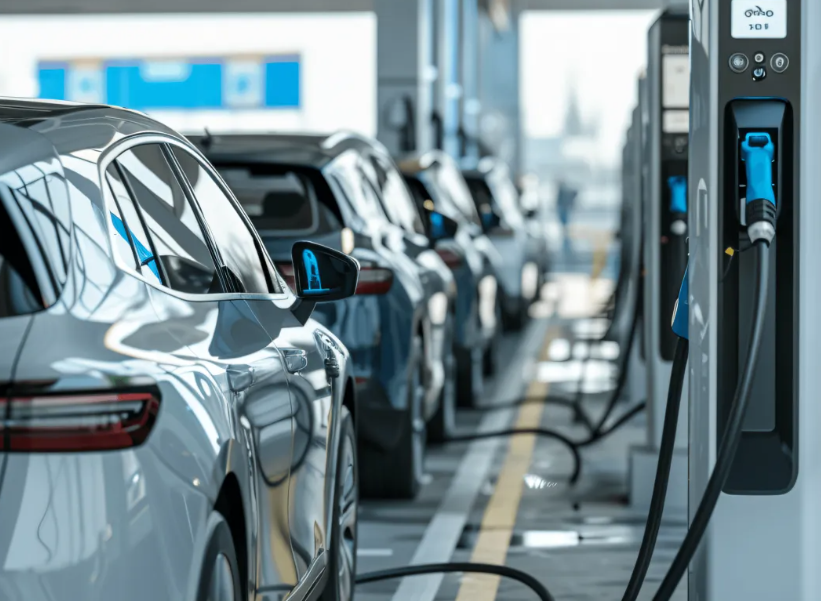
The author believes that the EU's temporary imposition of countervailing duties on electric vehicles made in China will directly affect the final selling price of Chinese-made products in Europe in the short term, potentially weakening their price competitiveness in the European market. Taking BYD ATTO 3 as an example, its starting price in the German market is about 45,800 euros. With the addition of a 17.4% provisional tariff, the cost increases by 7,900 euros, making it more than 10,000 euros more expensive than the Volkswagen ID.3 in Germany.
After the weakening of product price advantages, it is bound to reduce the sales of Chinese electric vehicles in Europe. To cope with the rising costs, Chinese automakers may reconsider their supply chain strategies, such as finding local suppliers or establishing more production facilities within the EU to reduce the impact of tariffs.
However, in the long run, Chinese automakers may accelerate technological innovation and brand building, thereby increasing the added value of their products and reducing their reliance on price wars. At the same time, Chinese automakers may also actively explore non-EU markets to reduce their dependence on that market. From a policy perspective, the Chinese government may take measures to support the export of new energy vehicles, such as providing financial subsidies, tax incentives, or R&D support, to help automakers overcome external challenges.

